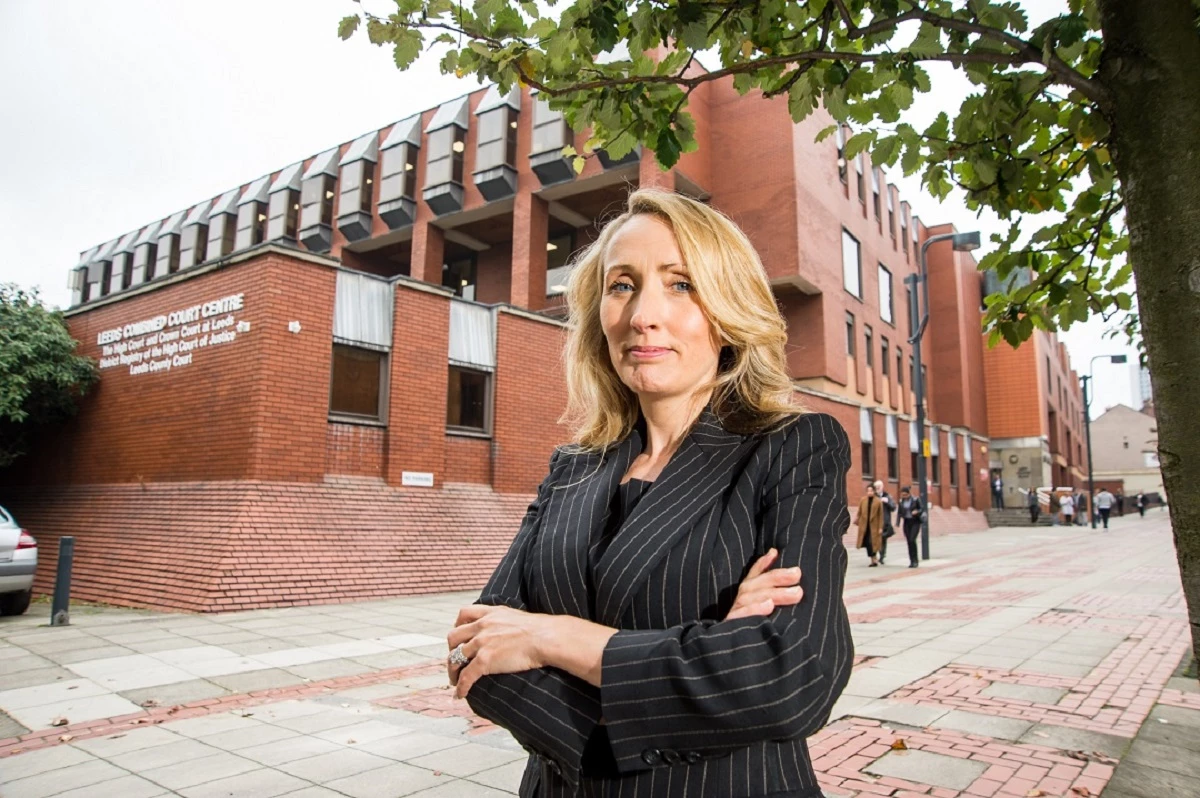
Partner Article
R3 responds to Q2 2022 insolvency statistics
• There were 5,629 seasonally adjusted corporate insolvencies in Q2 2022, an increase of 12.7% compared to Q1 2022’s figures of 4,995 and an increase of 81.3% compared to Q2 2021 (3,105). • There were 28,946 seasonally adjusted individual insolvencies in Q2 2022, a decrease of 10.1% compared to Q1 2021’s figures of 32,197 and an increase of 6.5% compared to Q2 2021 (27,179). Eleanor Temple, chair of the insolvency and restructuring trade body R3 in Yorkshire and a barrister at Kings Chambers in Leeds, comments on the Q2 2022 corporate and personal insolvency statistics for England and Wales:
Corporate insolvencies
“The figures published today show the highest levels of corporate insolvency since 2012. This has been driven by an increase in all forms of insolvency process – but Creditors’ Voluntary Liquidations have peaked to their highest recorded figure of 4,908, suggesting that many directors are opting to close their businesses as they lack confidence in their trading prospects in the current climate. The steady rise in Compulsory Liquidations we’ve seen since the start of the year also suggests that creditors are now making use of their power to issue winding-up petitions to try and claw back monies they are owed.
“Despite May’s unexpectedly positive GDP figures, today’s statistics show that now is not the time to be complacent about the state of the economy. The current economic headwinds are only likely to get worse before they get better, and this will mean businesses in England and Wales will have a tough second-half of the year.
“With household disposable income dropping for the eighth consecutive month in June, consumers are having to prioritise household bills before they can think about spending their money elsewhere – and this will have a knock-on effect to businesses that simply won’t see the footfall they are used to.
“This, coupled with a combination of soaring costs across the board, supply chain issues, and a tight labour market, has meant an uphill battle for many businesses, especially for those still reeling from the pandemic.
“For company directors concerned about their prospects in the months ahead, now is the time to make sure they have a clear plan in place for the future. The economy is particularly fragile at the moment and businesses should be prepared for this to deteriorate as we enter the second half of the year.
“I would urge company directors to understand how to spot the first signs of business distress and to seek advice from a qualified professional as soon as they become concerned. Doing so will give them more time to think about the future of their business and more options to turn their financial situation around.”
Personal insolvencies
“The quarterly fall in personal insolvencies is down to a reduction in bankruptcies, Debt Relief Orders (DROs) and Individual Voluntary Arrangements (IVAs). However, personal insolvency levels are still higher than they were a year ago.
“DRO figures have increased by 32% from the same time last year – and this has been mirrored by a 31% reduction in bankruptcies, which suggests that those with lower levels of debt and assets are facing the pinch at the moment, rather than those with businesses and larger mortgages, who are more likely to use the bankruptcy process to deal with their financial problems.
“With inflation continuing to climb and the energy price cap due to rise again in October, people are rightfully concerned about their finances and are managing their budgets accordingly.
“But price increases across the board mean that the impacts are being felt differently by different types of consumers. For those on the lower end of the income scale, budgeting can only stretch so far and it is worrying that for some, credit cards and other types of debt may feel like the only option to cover even the essentials.
“Indeed, with little sign of inflation abating any time soon, and with the energy price cap due to rise again in October to a predicted £3,244– keeping only a small lid on hugely inflated prices – the winter months are likely to be very tough for many individuals and families across the country. Many more may be forced to consider an insolvency option to help resolve their financial issues.
“Talking about money problems is hard, but my advice to anyone that is worried about their financial position is to seek advice as soon as they can. R3 members will usually give free initial advice to anyone struggling to pay their debts and by starting the conversation early, they will have the most options available to them to get a handle on the situation.”
This was posted in Bdaily's Members' News section by Emma Kilmurray .
Enjoy the read? Get Bdaily delivered.
Sign up to receive our popular Yorkshire & The Humber morning email for free.






 A legacy in stone and spirit
A legacy in stone and spirit
 Shaping the future: Your guide to planning reforms
Shaping the future: Your guide to planning reforms
 The future direction of expert witness services
The future direction of expert witness services
 Getting people into gear for a workplace return
Getting people into gear for a workplace return
 What to expect in the Spring Statement
What to expect in the Spring Statement
 Sunderland leading way in UK office supply market
Sunderland leading way in UK office supply market
 Key construction developments in 2025
Key construction developments in 2025
 Mediation must be part of planning process
Mediation must be part of planning process
 From apprentice to chief financial officer
From apprentice to chief financial officer
 Don't stifle growth with apprenticeship cuts
Don't stifle growth with apprenticeship cuts
 The start-up landscape: What lies ahead in 2025
The start-up landscape: What lies ahead in 2025
 JATCO adds welcome drive to automotive sector
JATCO adds welcome drive to automotive sector